Competition year :
2025-2026
Deadline (team proposal)
June 10th, 2025 at 16:00 (EST)
Amount :
Step 1 : 25 000 $ per team
Duration :
6 months (teams) and 3 years (projects)
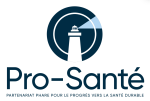
Partnership
Pro-Santé
Program registration: May 5th, 2025
Deadline (team proposal): June 10th, 2025 at 4pm
Deadline (application): December 2025
Number of teams selected: Maximum 4
NOTE : Ces dates peuvent faire l’objet de modifications selon les besoins du programme
NOTICE: Changes were made on April 2, 2025. Please use this latest version.
| REMINDER This program refers to the Common General Rules (CGR), which are applicable to all Fonds de recherche du Québec (FRQ) – secteur Santé programs, in addition to these program rules. The particular conditions of the current program are detailed here and take precedence over the CGR. All documents indicated in blue are accessible on the internet (hyperlink) or |
1. INITIATIVE
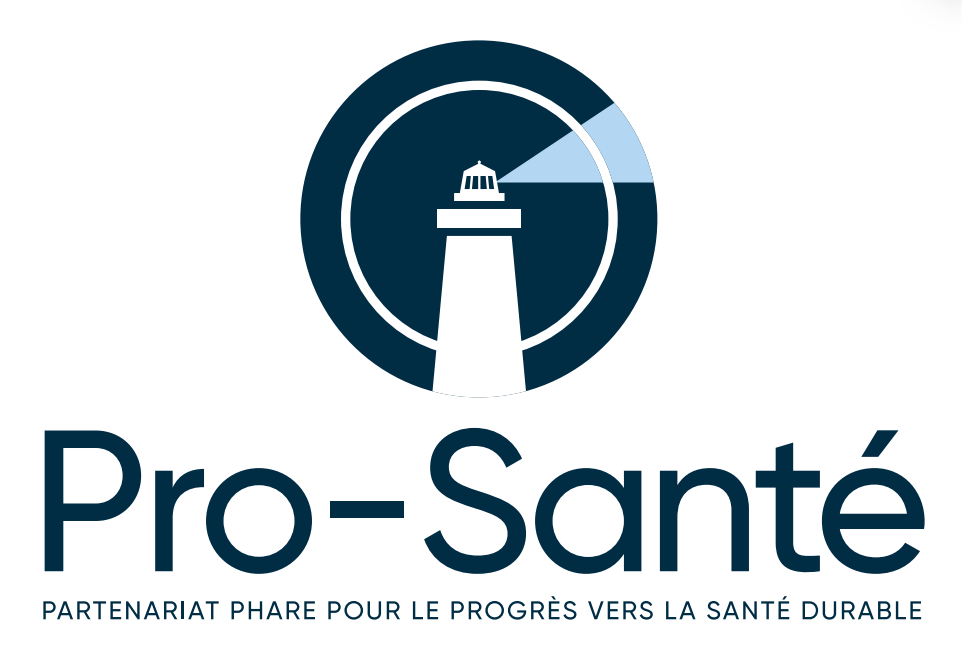
2. PARTNERS
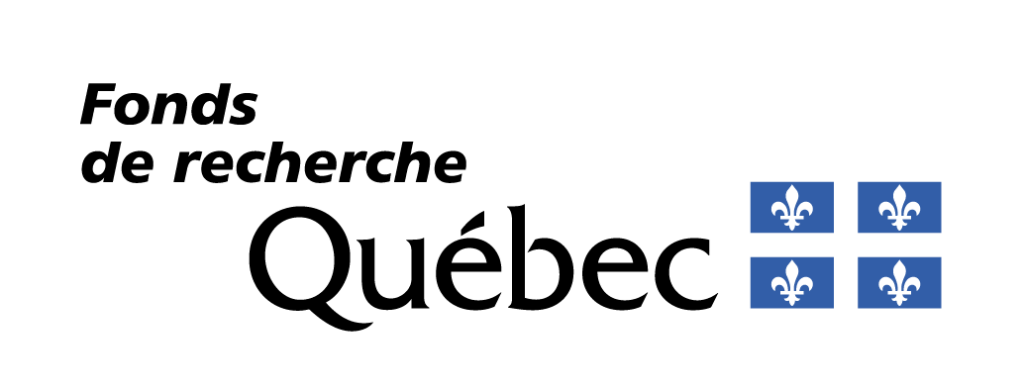
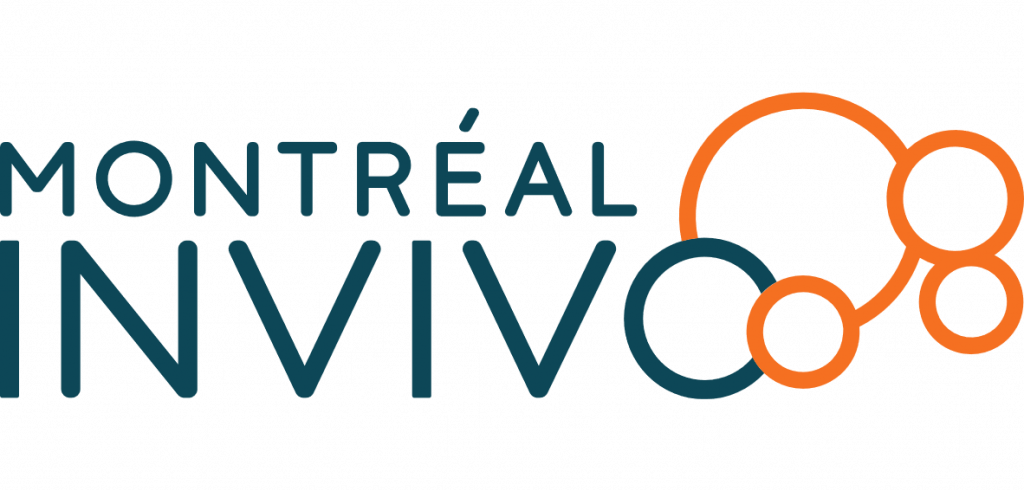
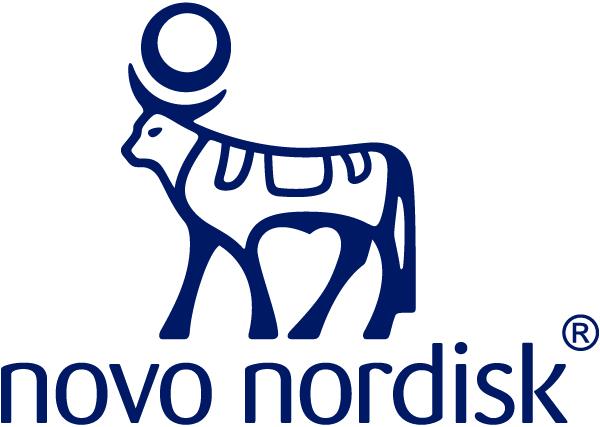
3. CONTEXT
The Fonds de recherche du Québec – secteur Santé (FRQ), in partnership with Novo Nordisk Canada and Montréal InVivo, invites the community to mobilize in response to the call for proposals for the new Solutions in Childhood Obesity (SOI) program as part of the strategic initiative for sustainable health research: Pro-Santé. With the support of the Ministère de la Santé et des Services sociaux and the Ministère de l’Économie, de l’Innovation et de l’Énergie, Pro-Santé aims to bring together a wide range of multi-sectoral partners with varied and complementary expertise to design new solutions to contain the burden of chronic diseases and thus meet the objectives of Sustainable Health, starting with childhood obesity.
The Pro-Santé partnership emphasizes the importance of bringing together public and private players around complex issues, and reinforces the strategic role played by Quebec’s research community. We believe that by fostering co-creation and intersectorality, this initiative will strengthen the links between researchers, decision-makers, businesses, communities and civil society as a whole.
An initial consultation surrounding Pro-Santé’s activities took place in September 2024. Among the findings that led to the creation of the SOI program was the importance of enabling communities to define research agendas and develop the knowledge, skills and tools they need to take action on the issues that matter to them. To achieve this, new combinations of individuals, organizations and decision-makers need to be able to form and thus strengthen a participatory, resolutely local and cross-sectoral research capacity. Communities and individuals affected by complex societal problems can play a fundamental role in the search for innovative solutions.
The SOI program will mobilize a variety of players around the issue of childhood obesity, which represents a serious risk factor for children’s physical and psychological health. Recent UNICEF data show that, worldwide, the number of overweight children under 5 years of age rose by 26% between 2000 and 2019, compared with an 8% increase among 5- to 19-year-olds between 2000 and 2016 (https://www.unicef.fr/convention-droits-enfants/alimentation/obesite-surpoids/ ). ). In Canada, the number of children and young people living with obesity has almost tripled over the past 30 years(https://www.canada.ca/fr/sante-publique/services/obesite-juvenile/obesite-juvenile.html ).
4. OBJECTIVES
Considering that childhood obesity is a serious health risk factor, we invite the research community to join forces with the various stakeholders in society to propose projects aimed at understanding and reducing the incidence and/or impact of this condition. This program will support research and innovation initiatives for the prevention, early detection and management of childhood obesity. The 0-5 age group has been identified as a priority during our consultations and is therefore a target group. However, to enable a wider range of stakeholders to participate, the SOI program is open to all age groups.
Specific objectives :
- Support the development of targeted research and innovations to prevent and manage obesity in children at an early stage
- Propose solutions with measurable impact in the short and medium term
- Strengthen links between the research community, local communities and other stakeholders through a participatory, multi-sectoral approach.
Sustainability of initiatives
Selected teams will need to demonstrate their ability to build sustainable solutions that have a significant impact on their communities. They will also have to present a clear vision of how they intend to perpetuate the benefits of their projects. The approach should include indicators to measure progress.
Networking activities will be organized to encourage the sharing of learning between teams, creating a dynamic network to enrich and extend the impact of projects.
Main features:
The funding process will take place in two steps. The aim is to encourage the creation of teams made up of people from a variety of backgrounds, with or without direct knowledge of childhood obesity issues, but who can work together to define a shared vision of the solutions to be proposed. Team funding allows time to co-create projects and lay the foundations for lasting collaboration.
STEP 1: This stage consists of selecting and funding teams (maximum 4), each composed of a variety of players from the research, business, community, institutional and other sectors, to work together to develop 2 or 3 research-innovation projects. Financial support of $25,000 per team is available to facilitate the co-creation process. (To coordinate team selection, a team member must come forward before May 5th, 2025. After this date, team proposals may be rejected.)
STEP 2: (Reserved for teams selected in Step 1) This step consists of selecting and funding one project per team (maximum $250,000 per project) from among the projects submitted that have met the criteria of excellence, impact and expected benefits. Team members may be added as projects require.
5. STEP 1 — Selection of teams
TEAM COMPOSITION
Teams must demonstrate that they can meet the program objectives and that they have an understanding of the issues and principles of sustainable health research (https://frq.gouv.qc.ca/sante-durable/).
The number of team members, their profile and leadership structure is left to the team’s choice, but at least one member must be identified as principal investigator status 1, 2 or 3 as indicated in the Common General Rules (CGR). This person will assume the administration of the grant and be responsible for submitting the application for the whole team.
Individuals interested in applying can consult the Common General Rules (see CGR) to find out about the different roles and statuses. For this program, the following points should be considered:
- Co-investigators of all statuses (see CGR) may join the team to ensure a representative range of backgrounds and complementary expertise.
- Individuals may join the team as collaborators (see CGR).
- All team members will be responsible for collaborating on the development of project proposals.
- All team members must adequately demonstrate that they will actively collaborate in the development of projects and specify their level of involvement in the team.
- The inclusion of young researchers is an asset
- There is no limit to the number of members who can join the team
REQUIRED DOCUMENTS — TEAMS
(To coordinate team selection, a team member must come forward by e-mail before May 5th, 2025 to: prosante@frq.gouv.qc.ca. After this date, please contact usteam proposals may be rejected.)
Networking and collaboration activities may be proposed to those who have expressed interest.
The documents described below must be duly submitted to the FRQ. They must be submitted using the electronic form available in the Principal Investigator’s FRQ electronic portfolio.
Any document that is missing or does not comply with the rules of the program and electronic forms, but is deemed critical for eligibility or evaluation, will render the file ineligible.
Items required but missing from the file will not be claimed.
All documents received after the submission date will not be considered, and files will not be updated. Any document not required but sent will be removed from the file before evaluation.
No extensions will be permitted. Any form not submitted by the deadline will be automatically rejected.
| Notice : On November 1st, the FRQ announced that, in accordance with the approach taken by the federal granting agencies (SSHRC, NSERC, CIHR), the Canadian Common CV (CCV),as well as the detailed contribution file will be abolished.. |
Principal Investigator
- Electronic form SOI (PDF version for information in the Toolbox)
- New – Tri-agency CV
- CV Supplement – FRQ (Template available in the Toolbox)
Co-investigators status 1, 2, 3 and 4a) and 4b)
- New – Tri-agency CV
- CV Supplement – FRQ (Template available in the Toolbox)
Clarifications : Consent and FRQnet account
Each co-investigator (status 1, 2, 3, 4a) and 4b)) must give his/her consent to be included in the team composition before the pre-application deadline, otherwise the principal investigator will not be able to submit the pre-application form. Co-investigators (status 1, 2, 3, 4a) and 4b)) who do not yet have a FRQnet account are invited to follow the “FRQnet account creation” procedure available in the Toolbox.
Other actors
– Co-investigators status 4 c) and d)
- New – Tri-agency CV
- CV Supplement – FRQ (Template available in the Toolbox)
Note : These documents must all be submitted by the principal investigator.
– Co-investigators status 4e)
- Letter of motivation or interest in PDF format (two [2] pages maximum) stating their motivation or interest in participating in the project, the nature of the expertise they bring and their role in the project
Note: The principal investigator must submit a list in PDF format of the co-investigators (status 4e) who are members of the team.
EVALUATION
Teams will be evaluated according to the following criteria:
1. Relevance (30 %)
- The team must demonstrate an understanding of childhood obesity issues and be responsived to the health, social, economic and cultural realities of the target populations.
- The team’s vision must lead to projects that are realistic in terms of time and budget.
2. Diversity and complementarity of expertise (40 %)
- Multisectoriality: The team’s composition must be consistent with the issues outlined and include researchers from a variety of disciplines (public health, epidemiologists, artificial intelligence, etc.), community players, policymakers and field professionals (educators, doctors, nutritionists, etc.).
- Agility : Team members can adapt and draw on their respective skills to face new challenges and propose innovative solutions.
- Stakeholder representation: Presence of members directly affected by the issue (families, teachers, community representatives, etc.).
3. Collaboration (30 %)
- Mechanisms are proposed to enable stakeholders to get to know each other and cooperate.
- Tangible examples demonstrate the ability to create links between different players to maximize results.
- Teams demonstrate cohesion and alignment that will enable projects to be carried out.
| Evaluation criteria | Score on 100 | |
| 1 | Relevance | 30 |
| 2 | Diversity and complementarity of expertise | 40 |
| 2 | Collaboration | 30 |
Teams will be evaluated by a strategic committee made up of representatives of public and/or private organizations chosen by the Pro-Santé partners. A meeting with the candidate teams could be scheduled.
AMOUNT AND DURATION OF THE GRANT — TEAMS
| Amount per team | Funding year |
| 25 000 $ | 2025-2026 |
Eligible expenses :
The grant must be used for expenses directly related to the creation and facilitation of project development teams. All budget items provided for in the CGR are eligible (section 8 of the CGR).
Not eligible expenses :
- Salaries of group researchers meeting status 1 and 2;
- Equipment costs, costs of renting or fitting out premises, heating, electricity or any other indirect costs related to research activities for a researcher.
Indirect research expenses :
This grant does not benefit from the amount paid by the FRQ to cover institutions’ indirect research expenses.
6. STEP 2 — Project submission
Teams selected in stage 1 will be invited to submit between 1 and 3 projects. An amount of $250,000 per team will be set aside to fund at least one (1) project of a maximum duration of three (3) years that meets the FRQ’s criteria of scientific excellence.
Details of project characteristics and evaluation criteria will be available shortly.
